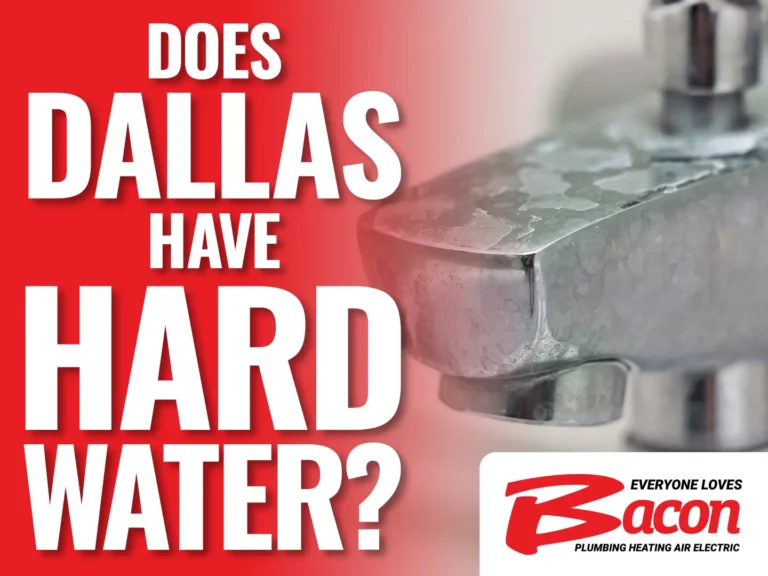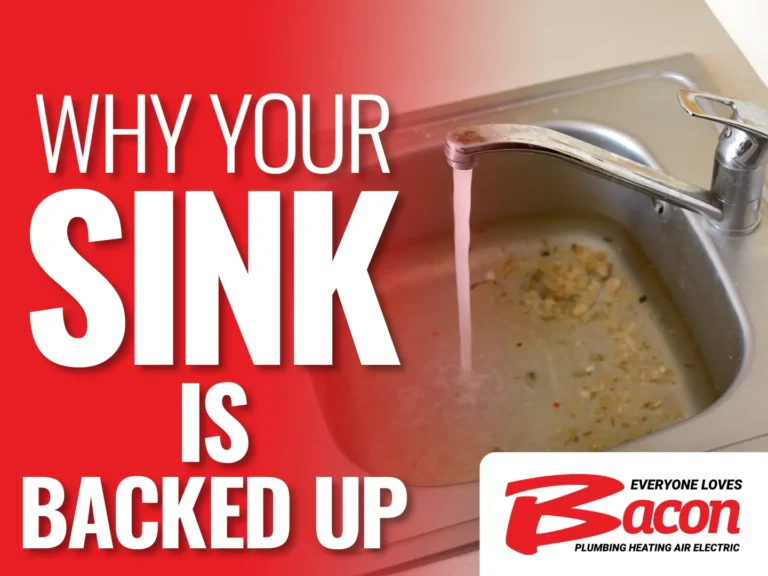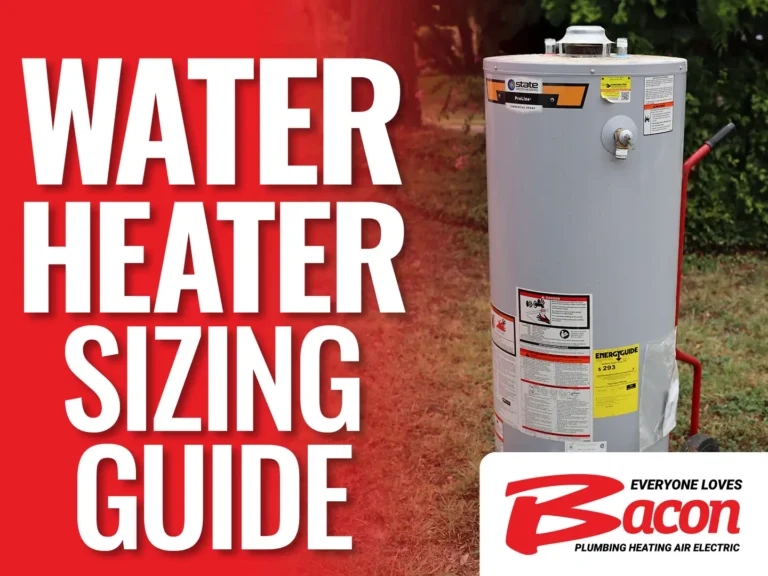If your hot water is suddenly scalding hot, turn off your water heater immediately at the circuit breaker or gas valve. This prevents injury and further damage.
Nothing quite jolts you awake like stepping into what should be a comfortable shower only to be met with scalding water. When your hot water is really hot all of a sudden, can be more than just uncomfortable. Water above 140°F can cause burns in seconds. According to the U.S. Consumer Product Safety Commission, setting your water heater thermostat above 120°F significantly increases scald risk.
Most sudden hot water temperature spikes have identifiable causes. The key is knowing what to look for and when to call for help.
Check These 3 Things First
Your thermostat setting
Your water heater thermostat should be set between 120°F and 140°F. If someone accidentally adjusted it higher, this explains why your hot water is too hot.
Remove the access panel on your water heater and look for a dial showing temperature. If it’s above 140°F, carefully adjust it down to 120°F. For gas water heaters, check the dial on the gas control valve. For step-by-step instructions, see our guide on how to turn off a water heater safely.
Pressure relief valve problems
A faulty pressure relief valve can cause dangerous pressure buildup, making water extremely hot. Look for water dripping from the valve or steam coming from the tank. These are warning signs that pressure isn’t being managed properly.
Mineral buildup interference
Hard water creates mineral deposits that interfere with temperature sensors. This is particularly common in the Dallas-Fort Worth area. White, chalky deposits around fittings and reduced water flow indicate mineral problems affecting your temperature control. Learn more about common water heater issues that can cause overheating.
Why Hot Water Becomes Dangerously Hot
The most common reason your hot water is really hot all of a sudden is a malfunctioning thermostat. When thermostats fail, they often get stuck in the “heat” position, continuously heating water beyond safe temperatures.
Think of it like cruise control getting stuck on the accelerator—the system keeps pushing even when it should stop. We’ve seen thermostats reading 180°F when they should maintain 120°F.
Electric water heaters can also suffer heating element failures. When elements short-circuit, they create uncontrolled heating that makes your hot water too hot. The element essentially becomes like a stove burner that won’t turn off.
Gas water heaters have additional risks. The gas control valve can malfunction and allow too much gas to reach the burner. Poor venting affects combustion efficiency and temperature control, creating both overheating and carbon monoxide risks.
What to Do When Your Hot Water Is Too Hot
Turn off your water heater completely. Flip the circuit breaker for electric units or turn the gas control valve to “pilot” for gas heaters. This stops the heating process immediately. For help diagnosing persistent problems, explore our guide to when it’s time to replace your water heater.
Avoid using any hot water taps until you understand what’s happening. Even mixed with cold water, severely overheated water can cause burns. If you must use hot water, turn the cold tap on first and test carefully. For burn first aid, see the Mayo Clinic’s burn treatment recommendations.
Give your water heater 30 to 60 minutes to cool down before attempting any inspection. Hot water systems retain heat for hours, and components remain dangerously hot long after you shut off the power.
Emergency Situations That Need Immediate Help
Call a professional immediately if you notice steam coming from taps or water temperature above 160°F. Unusual sounds from your water heater, visible damage to the tank, or gas smells around gas water heaters are serious safety concerns.
Don’t attempt repairs on gas water heaters if you smell gas. This creates fire and carbon monoxide risks that require professional expertise.
Simple Fixes You Can Try
If your thermostat settings appear incorrect, you can adjust them carefully. For electric water heaters, turn off power at the circuit breaker first. Remove access panels and adjust both upper and lower thermostats to the same temperature—120°F is safest for most families.
For gas units, turn the temperature dial on the gas control valve to a lower setting. Wait 3 to 4 hours for the adjustment to take effect throughout your water system.
If water temperature doesn’t stabilize after these adjustments, you’re likely dealing with component failure that needs professional diagnosis. You can also read our water heater buying guide if replacement becomes necessary.
Preventing Future Hot Water Problems
Annual water heater inspections catch problems before they become dangerous. Between professional visits, test your pressure relief valve monthly by lifting the lever slightly—you should see water discharge.
Look for leaks, corrosion, or mineral buildup around your water heater. Listen to normal operating sounds so you’ll notice changes that indicate developing problems. Learn how to extend the lifespan of your water heater with routine maintenance.
When to call Bacon Plumbing Heating Air Electric
Professional help becomes essential when your hot water temperature won’t stabilize after basic adjustments, when you’re uncomfortable working with electrical or gas components, or when the problem keeps recurring.
Our certified technicians understand that dangerously hot water isn’t just inconvenient—it’s a safety emergency. We serve the Dallas-Fort Worth area with 24/7 emergency service, arriving equipped with diagnostic tools and replacement parts to resolve your hot water problems the same day.
We’ve diagnosed hundreds of water heater temperature problems and know how to quickly identify whether you need simple adjustments or component replacement. More importantly, we prioritize your family’s safety, ensuring repairs meet current safety codes and manufacturer specifications.
Don’t risk serious burns from scalding water. When your hot water is really hot all of a sudden, professional diagnosis provides both immediate safety and long-term reliability. Contact Bacon Plumbing Heating Air Electric for fast, professional water heater repair.







